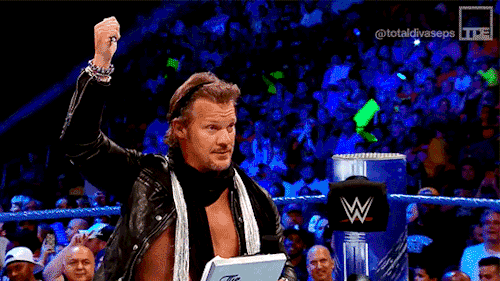preacherwebb
KJV1611
- Joined
- Jan 25, 2010
- Messages
- 4,745
- Likes
- 9,613
i've got to learn how to do gif's. Pics i can do
been a while since anyone asked ... and since you sorta did ...
1) Select desired gif.
2) right click on gif and select copy image address
note: if that phrase does not pop up, just keep right clicking on the gif until it does, or open in another window and right click it there.
3) come back to volnation, and click insert image icon, appearing in the box above the text box square.
4) a window pops us with http:// already appearing, right click beside that, and paste beside that, then click okay
5) all the stuff magically appears in the text box!
6) submit reply
das it mane
[B][I]note: if your/re on mobile, youll have to talk to someone else[/I][/B]










